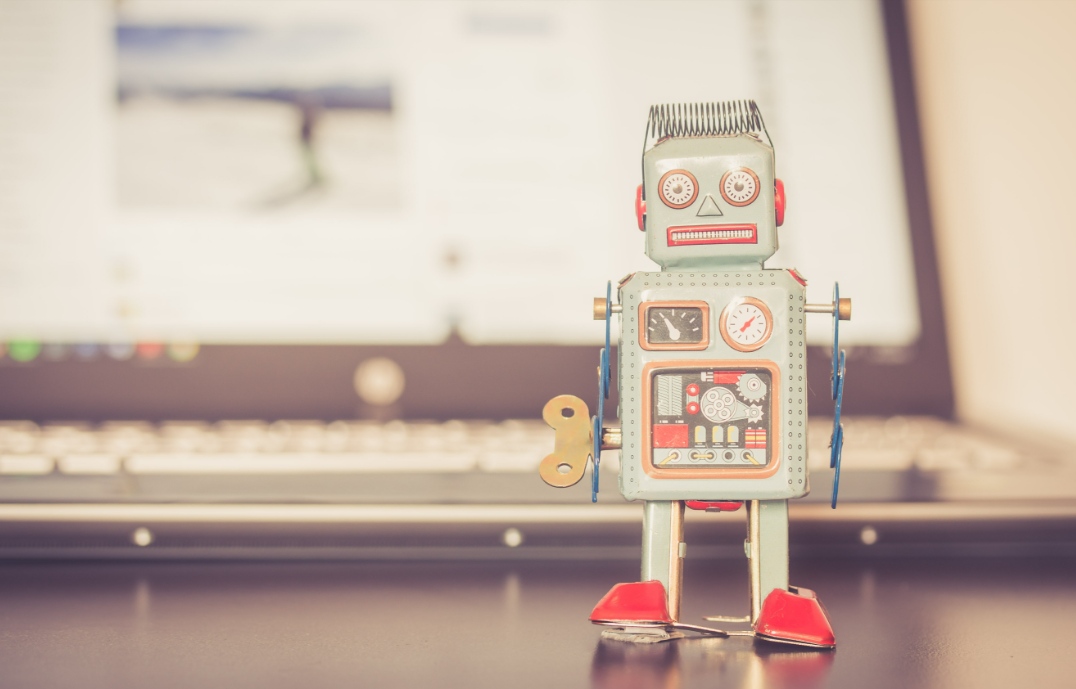

Generative artificial intelligence has become a transformative force, pushing the boundaries of what machines can achieve.
From text and image generation to creating realistic simulations, generative AI has demonstrated its potential in a variety of fields.
As the demand for professionals in the field of generative artificial intelligence continues to increase, the journey to mastering this technology becomes even more challenging. This requires a deep understanding of its complexity and challenges on multiple fronts, including complex model architectures, ethical considerations, and evolving technological competition. Learning generative AI requires overcoming difficulties, but it can also bring excitement and satisfaction. Learners need to constantly keep up with technological developments while responding to changing needs and challenges in order to achieve radical change in this field.
Understanding the complex algorithms involved in generative artificial intelligence, such as GANs or VAEs, can be challenging for learners who lack a deep machine learning background. , because this requires understanding the mathematical foundation and implementation methods.
Training generative models requires significant computing resources, which may pose a challenge to the computing capabilities of individuals or small organizations, as they may not have easy access to high-performance computing resources.
Generative models have made significant progress in processing large and diverse data sets. However, for specific domains where data availability is limited, acquiring, preparing, and managing datasets can be a challenging task.
The theoretical foundation of generative artificial intelligence includes abstract concepts such as latent space and manifold learning. For learners, mastering these abstract concepts is challenging and requires a solid foundation in linear algebra, probability theory, and advanced mathematics.
Generative AI models may retain biases in the data, which is an ethical challenge for AI developers. Designing models that are fair and reduce bias is critical and requires ongoing attention and efforts to address this issue.
The field of generative artificial intelligence is developing rapidly, with new technologies and advancements constantly emerging. Continuous learning and staying up to date on the latest research papers, frameworks and best practices is a challenge.
Generative artificial intelligence requires knowledge from multiple disciplines, including computer science, mathematics, and domain-specific expertise. Integrating knowledge from these different areas can be a daunting task for learners who may need to work across disciplines.
Generative models are often considered “black box” models, meaning their inner workings are difficult to explain. Developing techniques to account for and explain the decisions of these models is an ongoing challenge for the artificial intelligence community.
The transition from theoretical understanding to actual implementation in real-world scenarios can be challenging. Building scalable, efficient, and reliable systems based on generative models requires practical experience and problem-solving skills.
High-quality educational resources, tutorials, and guidance in generative artificial intelligence may not be universally available. Bridging this gap to ensure that learning materials are accessible is a challenge for inclusion in generative AI education.
Participating in a supportive community of learners and practitioners is critical to mastering generative artificial intelligence. Facilitating collaboration and knowledge sharing is an ongoing challenge for both educators and learners.
Addressing these challenges requires a combination of educational resources, community support, and a commitment to ethical and responsible AI development. As the field continues to evolve, overcoming these barriers will help create a more accessible and inclusive environment for learning to generate artificial intelligence.
The above is the detailed content of Seven challenges for learning generative AI. For more information, please follow other related articles on the PHP Chinese website!
 Page replacement algorithm
Page replacement algorithm
 Application of artificial intelligence in life
Application of artificial intelligence in life
 What is the basic concept of artificial intelligence
What is the basic concept of artificial intelligence
 What are the Python artificial intelligence frameworks?
What are the Python artificial intelligence frameworks?
 How to close secure boot
How to close secure boot
 How to solve the 0x0000006b blue screen
How to solve the 0x0000006b blue screen
 How much is one Bitcoin worth in RMB?
How much is one Bitcoin worth in RMB?
 Introduction to the levels of Python exams
Introduction to the levels of Python exams




